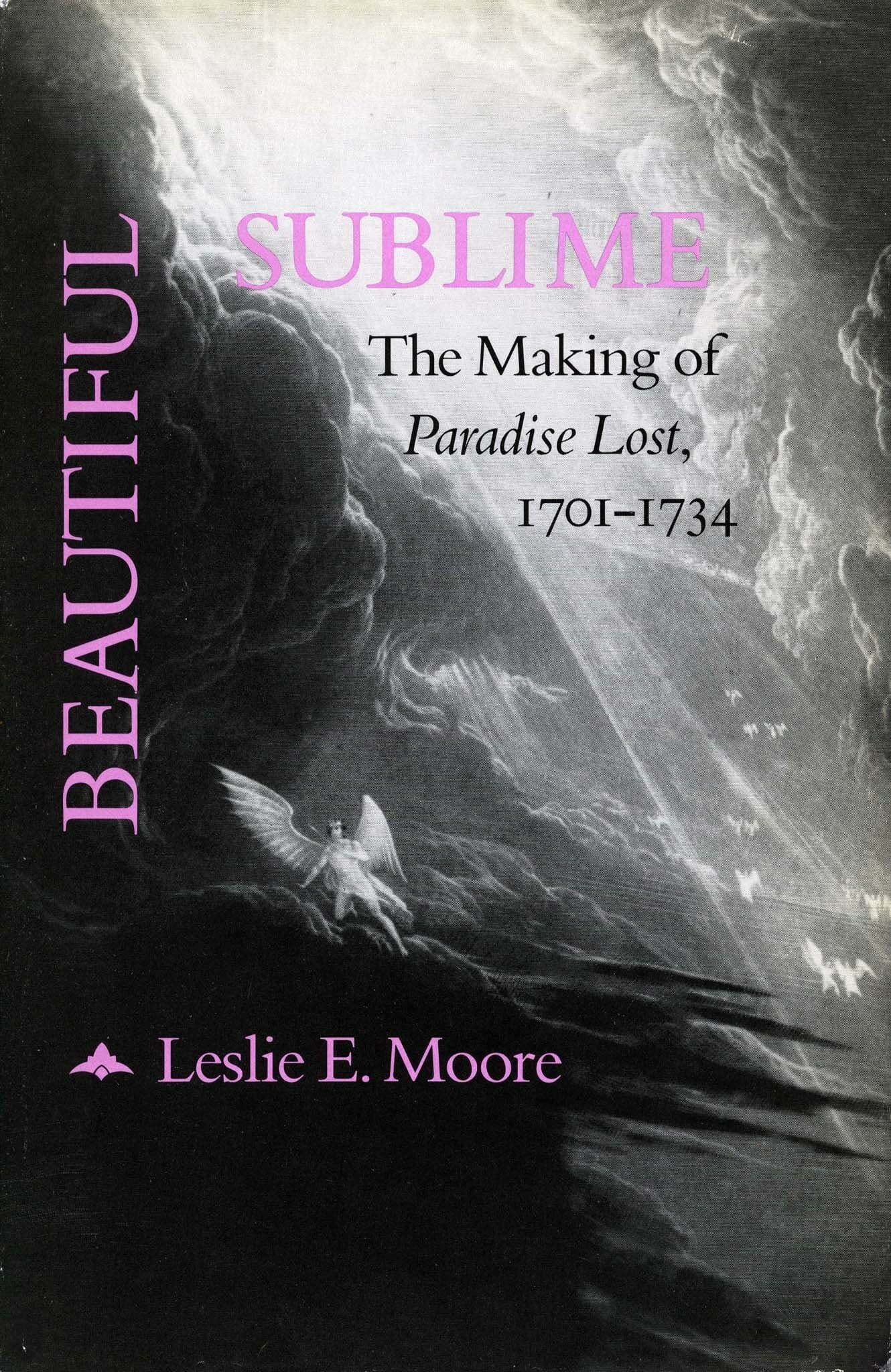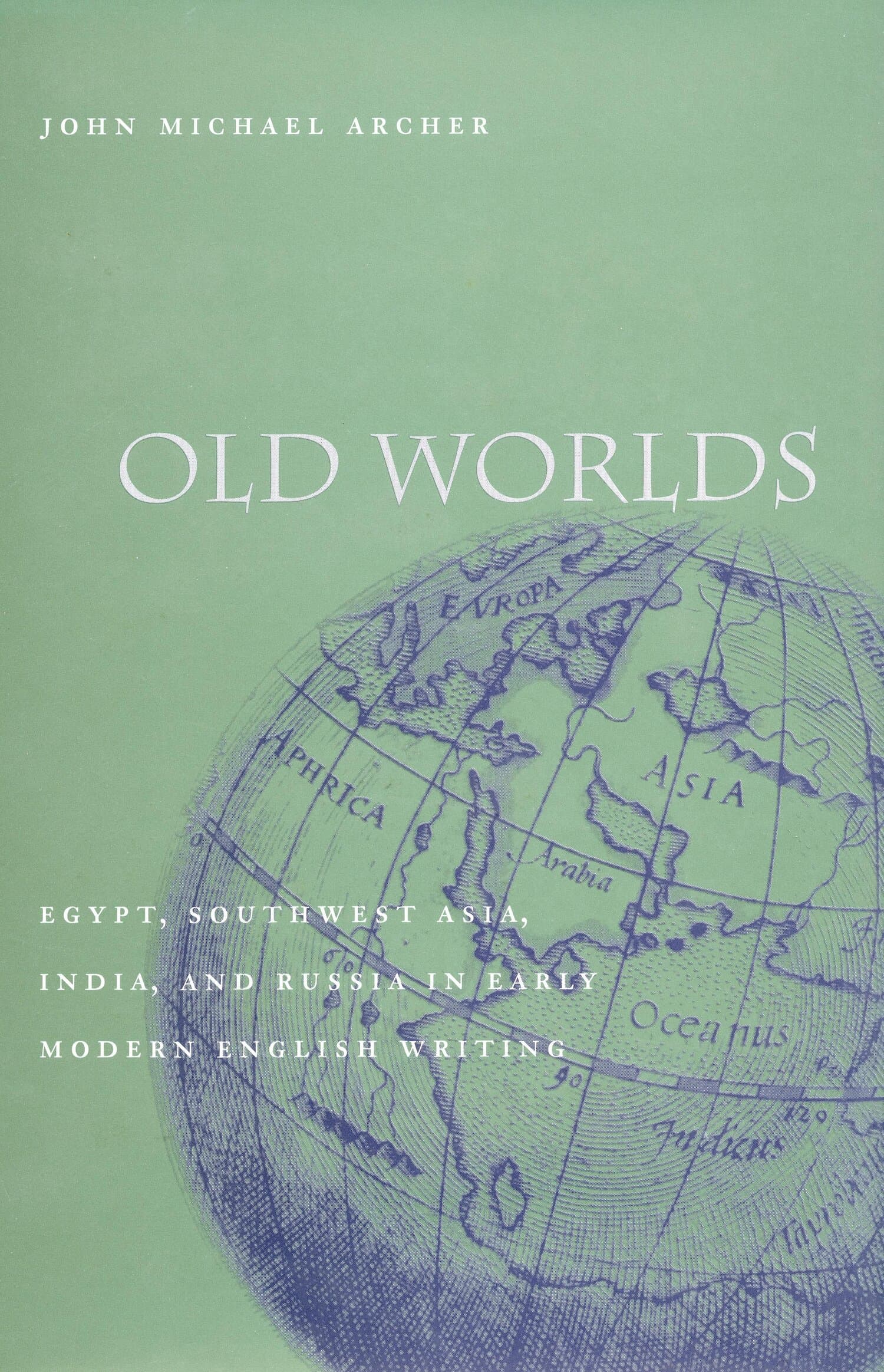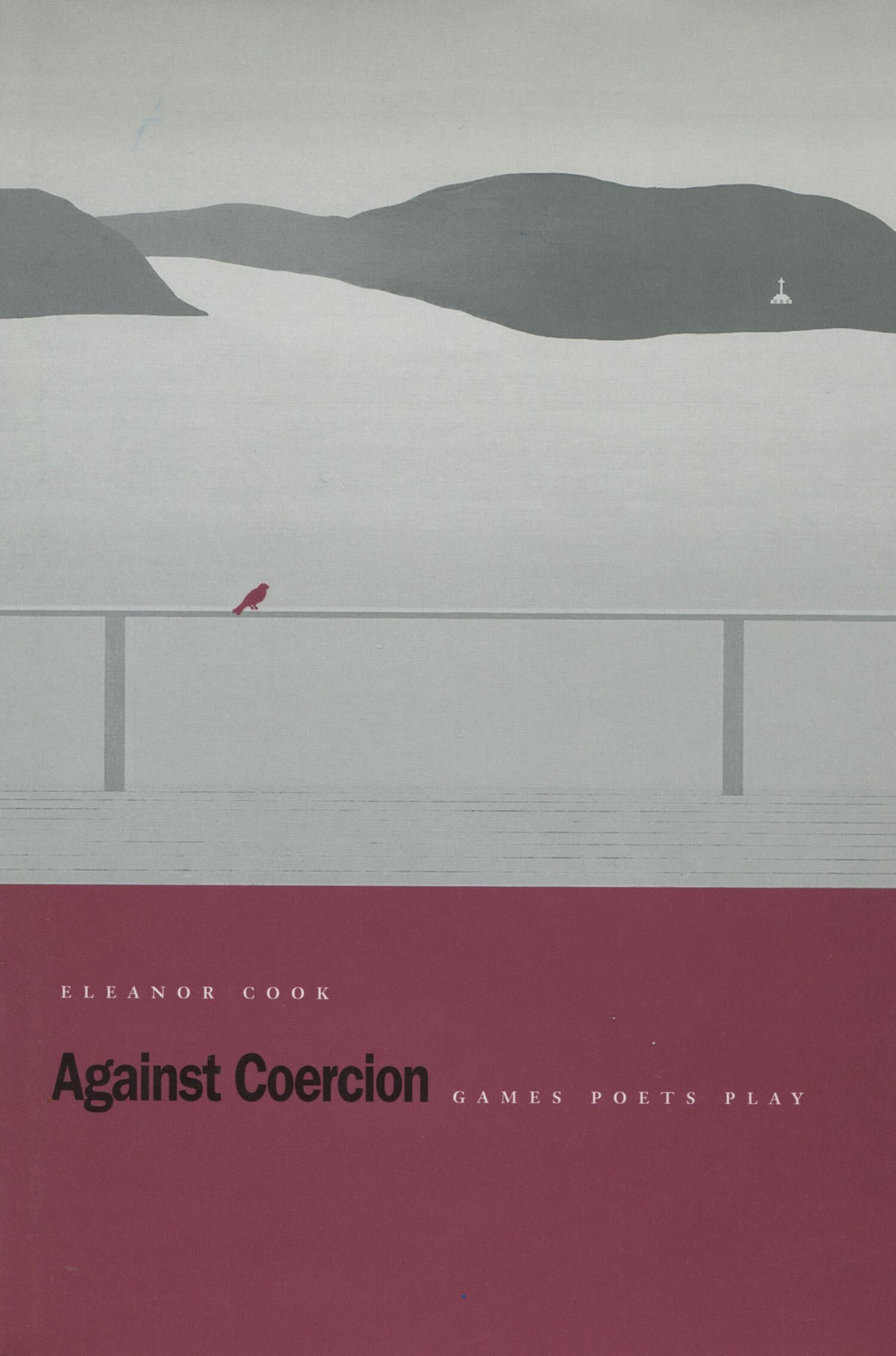Reading John Milton

A captivating biography that celebrates the audacious, inspiring life and works of John Milton, revealing how he speaks to our times.
John Milton is unrivalled—for the music of his verse and the breadth of his learning. In this brisk, topical, and engaging biography, Stephen B. Dobranski brushes the scholarly dust from the portrait of the artist to reveal Milton's essential humanity and his unwavering commitment to ideals—freedom of religion and the right and responsibility of all persons to think for themselves—that are still relevant and necessary in our times.
Milton's epic poem, Paradise Lost, is considered by many to be English poetry's masterpiece. Samuel Johnson, not one for effusive praise, claimed that from Milton's "books alone the Art of English Poetry might be learned." But Milton's renown rests on more than his artistic achievements. In a time of convulsive political turmoil, he justified the killing of a king, pioneered free speech, and publicly defended divorce. He was, in short, an iconoclast, an independent, even revolutionary, thinker. He was also an imperfect man—acrimonious, sometimes mean. Above all, he understood adversity. Afflicted by blindness, illness, and political imprisonment, Milton always sought to "bear up and steer right onward" through life's hardships.
Dobranski looks beyond Milton's academic standing, beyond his reputation as a dour and devout purist, to reveal the ongoing power of his works and the dauntless courage that he both wrote about and exemplified.
"Milton may have had the most tumultuous life of any major English poet. This lavishly illustrated study revitalizes our image of him by showing his deep immersion in—and resilience to—the catastrophes of his times."—Leah S. Marcus, author of How Shakespeare Became Colonial
"This contemporary, informed, accessible introduction to Milton's life is the one book I might share with literally anyone who cares about language and literature. Dobranski reminds us that Milton was a public intellectual, and offers him back to us."—Wendy Furman-Adams, coeditor of Riven Unities: Authority and Experience, Self and Other in Milton's Poetry
"Ingeniously organized around a biographical core, this full-throated celebration of the work and thought of John Milton heartily commends him to readers of our own age."—Thomas N. Corns, coauthor of John Milton: Life, Work, and Thought
"This book provides an accessible, approachable, introduction to the life and writings of John Milton. Thoughtfully and beautifully illustrated, it seeks to open up one of the greatest poets in literary history to a contemporary audience."—Blaine Greteman, author of Networking Print in Shakespeare's England
"Dobranski does a marvelous job of revealing just as much about Milton himself as he does about the man's work through close readings that create an illuminating portrait of an artist who 'aspired to transcend his own limitations, defeats, and prejudices, continuing to work tirelessly and trying to... help his readers to live freely and righteously.' This puts to rest the notion that Milton is just for academics."—Publishers Weekly
"As a scholar of the finest caliber, Dobranski has everything at his fingertips—the full range of primary texts in both poetry and prose; the minutest biographical details; the sweeping sociopolitical contexts; and the corpus of secondary scholarship. As a result, he moves quite comfortably across the Miltonic landscape, and the readings here have a relaxed feel.... [I]t was a pleasure to come along as Dobranski takes the pulse of one of our greatest writers."—Alison A. Chapman, Modern Philology
"If you only add one Milton book for your library, this is the one."—Cliff Cunningham, Sun News Austin
"Reading John Milton is written in an accessible and engaging style while simultaneously highlighting Dobranski's deep knowledge of the author's works, secondary scholarship on Milton, and seventeenth-century European cultural, religious, and political history. The Milton who emerges from Dobranski's thematic study, while often arrogant and acerbic, was deeply committed to his 'belief in free will and personal responsibility.' These beliefs, which stemmed from Milton's experiences of political and personal turmoil, informed and shaped his works, which today continue to provide readers with advice on how to overcome disaster with courage and conviction."—Jennifer Lodine-Chaffey, H-Albion




